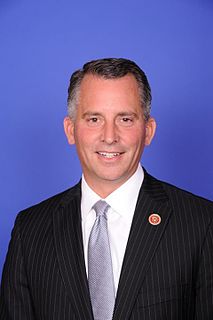A Quote by Mitch Kapor
I'm fascinated by management and organizations: how organizations get things done and how successful organizations are built and maintained, how they evolve as they grow from start-ups to small companies to medium companies to big companies.
Related Quotes
When we first started our internet company, 'China Pages', in 1995, and we were just making home pages for a lot of Chinese companies. We went to the big owners, the big companies, and they didn't want to do it. We go to state-owned companies, and they didn't want to do it. Only the small and medium companies really want to do it.
There are some terrific resources on how to find individual purpose but relative resources on how to discover purpose and apply to an organization. My challenge was to show organizations how they could unlock the purpose of their organizations and put it to good use for employees to apply to their own jobs. The net effect is to help individuals, teams and organizations to optimize performance by understanding how to use purpose for good intention.
I continue to hear concerns from health professional organizations that dried marijuana is not an approved drug or medicine in Canada. They want clearer guidance on safety and effectiveness and want authorizations to be monitored. That is why I asked Health Canada to consult with provincial and territorial regulatory bodies, companies licensed to produce marijuana and other professional organizations to enhance information-sharing on how doctors and nurse practitioners are authorizing the use of marijuana.
On the Internet, companies are scale businesses, characterized by high fixed costs and relatively low variable costs. You can be two sizes: You can be big, or you can be small. It's very hard to be medium. A lot of medium-sized companies had the financing rug pulled out from under them before they could get big.
Some of the power has shifted from companies to people. Using social media tools (blogs, wikis, tagging, etc.) more individuals are creating semi-spontaneous 'groundswells' of opinions to which companies and other institutions are realizing they must respond. From marketing to consumers organizations are being pulled into engaging with individuals.


































